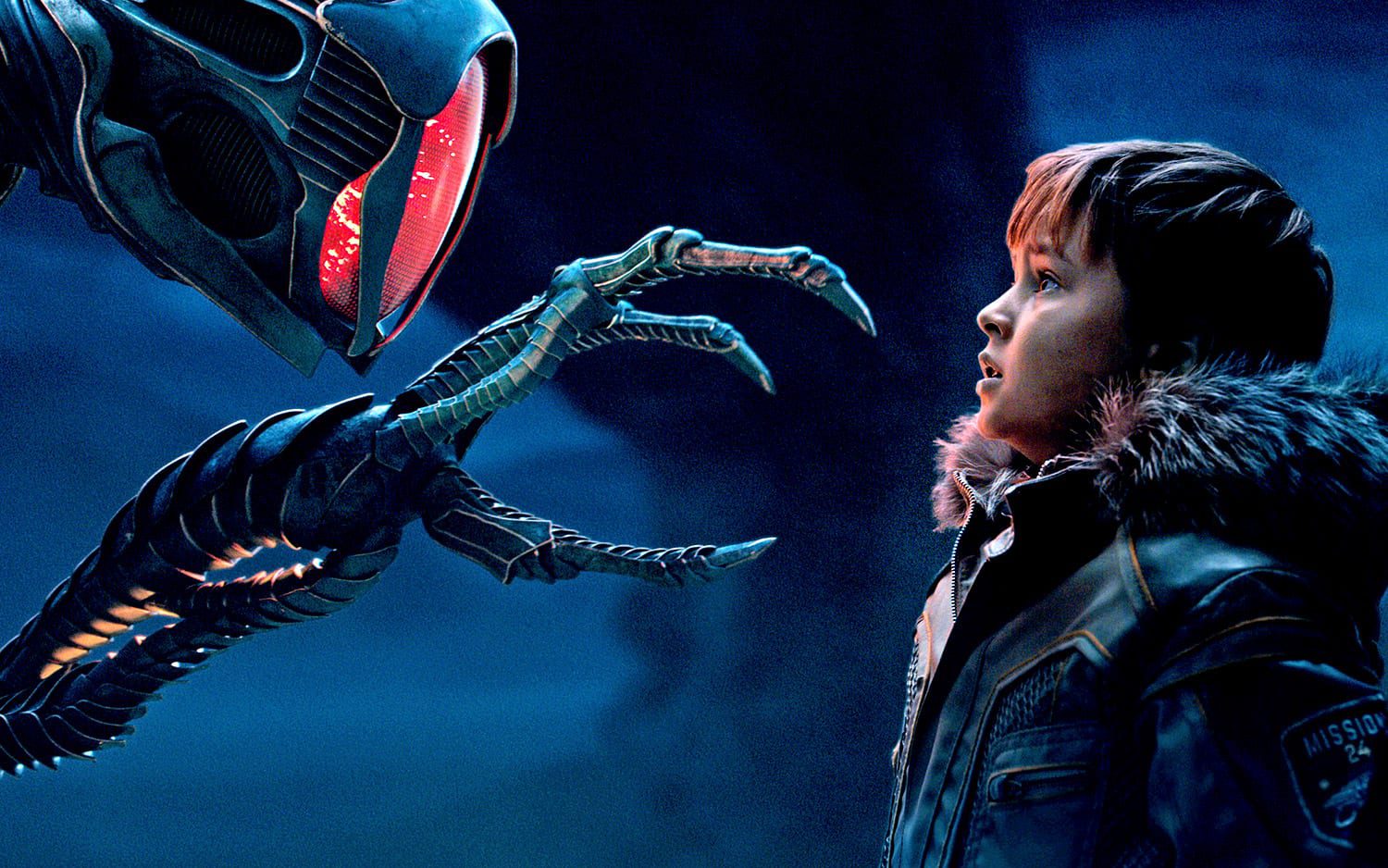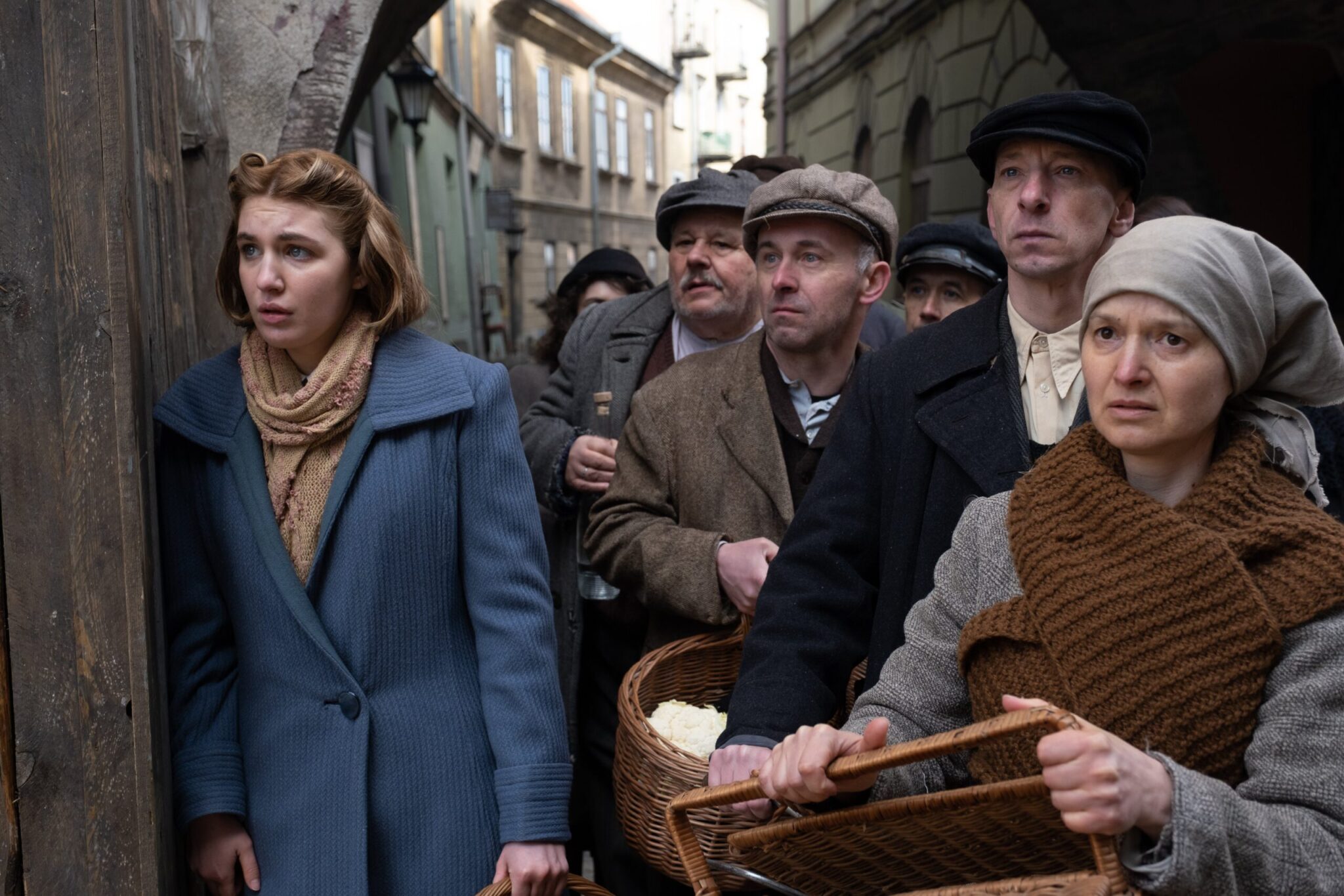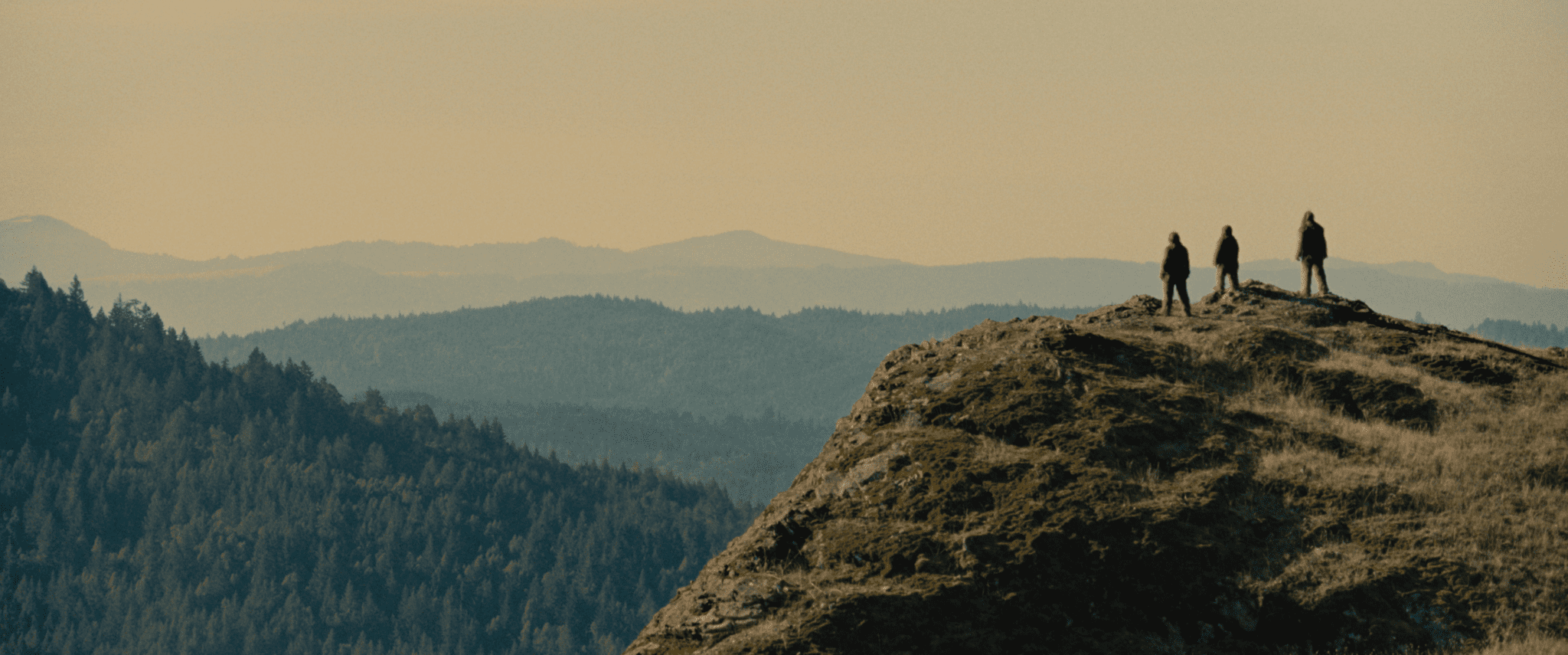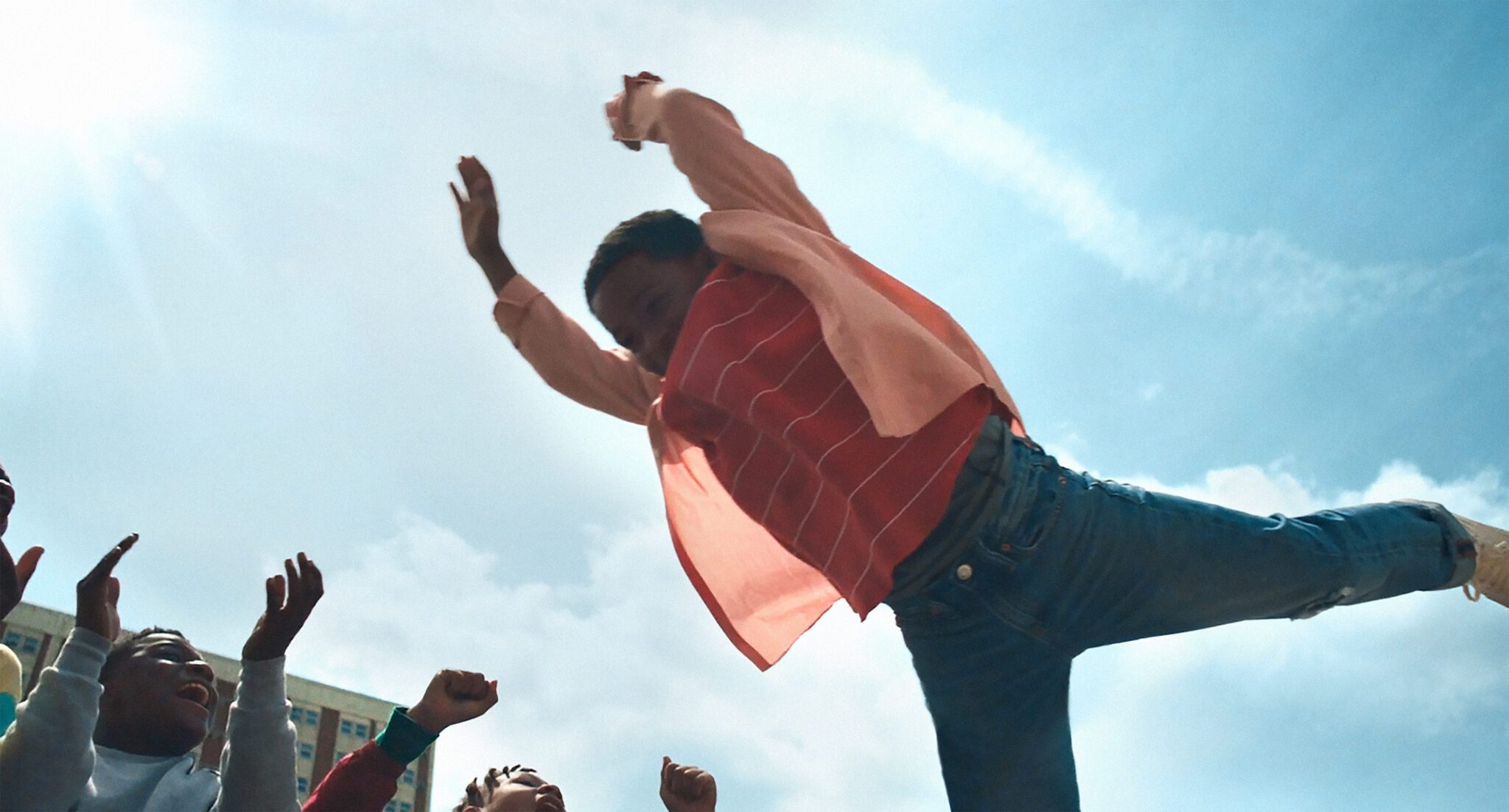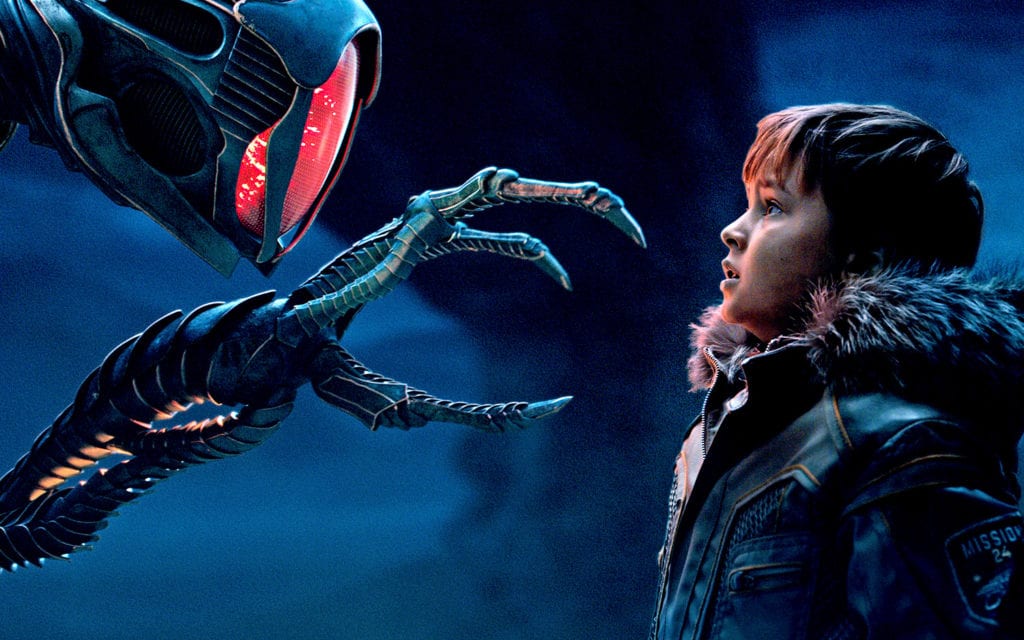
We can make it. Don?t do the math. — John Robinson
As the latest version of Lost in Space opens, the twenty-fourth colonization crew of The Resolute, aimed to reposition humanity in the Alpha Centauri system, is stranded after an alien robot attack. The Robinson family is among the shipwrecked on the strange new planet, with wild new animals, strange ecological environments, and the attacking robot to boot. But this translation of Swiss Family Robinson isn?t just about adventure or strange new worlds – it?s ultimately about the way that family dynamics (or system theory to some) are formed and challenged in crisis.
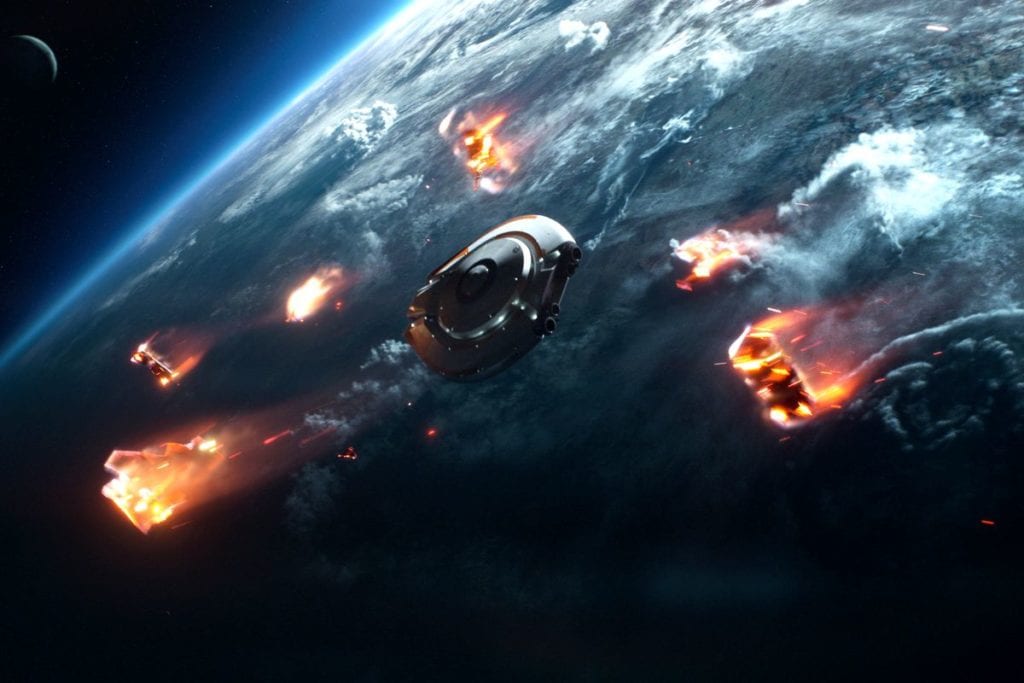
Mission Commander Maureen Robinson (Molly Parker) and former Navy Seal John Robinson (Toby Stephens) are parents to eighteen-year-old mission doctor Judy (Taylor Russell), fifteen-year-old mechanic Penny (Mina Sundwall), and eleven-year-old Will (Maxwell Jenkins), but they are no longer a loving, married couple. Of course, the narrative of the show allows us to form certain expectations about each of the characters, before pulling them back, usually through flashbacks or apparently unimportant dialogue that ? proves important.
While the opening salvo of action shows us Judy trapped under the ice, and Will befriending the Robot, the show varies enough moment-to-moment to keep us guessing. It?s interesting that the audience is kept off-kilter by both the narratives of family that we think we know and what happens to the characters on planet. It?s a reminder that there?s more to the world than what we think we know, and there?s plenty about these people that relates to what we think about ourselves and those around us. (Crises don?t usually break relationships, they just highlight the fractures that are already there.)
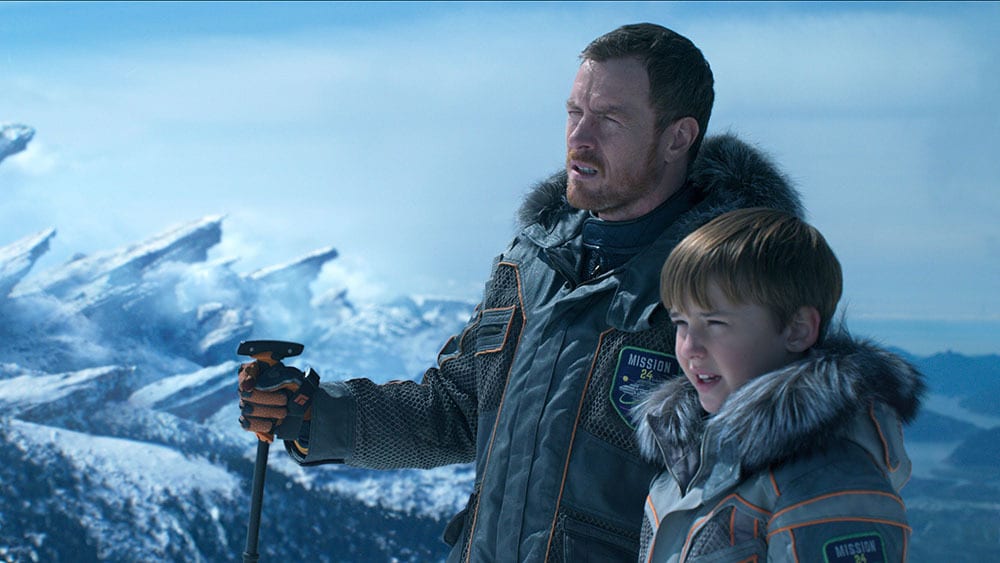
Questions about which parent to follow, or what motivates them, abound. John often wants to barge in; Maureen overthinks things. Both of them care for their children, but do so in very different ways. Watching the dynamic between the two, I’m reminded of military families when a parent returns after a tour. The family left behind forms patterns of behavior (and discipline); the soldier’s return often shakes things up as he or she re-enters the family orbit, often with tragic aftershocks, at least temporarily.
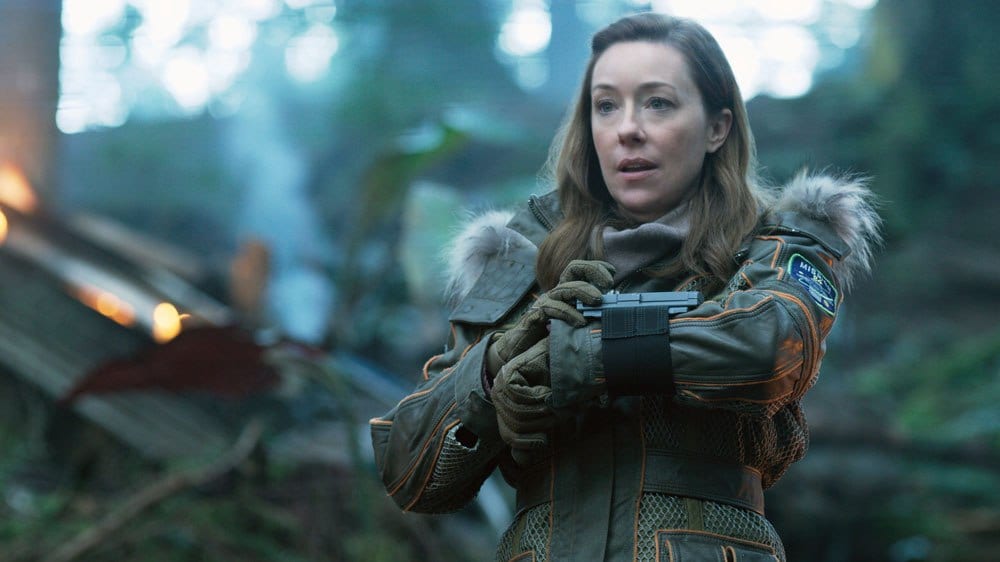
Elsewhere, Parker Posey plays the serpent in the garden of this new world as Judy Harris, known as Dr. Smith, after stealing a dead (murdered?) man?s identity. She?s constantly stirring the pot, challenging others, causing trouble, with echoes back to the original series. While I don?t remember much of the original episodes, I can tell you that this portrayal of evil in the new world is insidious. Again, it often initiates, but it usually draws out some evil, insecurity, or feelings negatively floating beneath the surface of another.
Then there’s Will, who believes Robot can change. (Can he/she/it?) It’s one of the great explorations of the first season. While Will knows what Robot did, he sees Robot differently, from his experience of him. It begs some questions about who is saving whom, and what that means for the future of their relationship, and maybe humankind.
Already renewed for a second season on Netflix, Lost in Space has plenty to show us about ourselves, and our relationships. But if we?re willing to make the comparison, we better be ready for some critical thinking about the truths we tell and the lies we hide.

